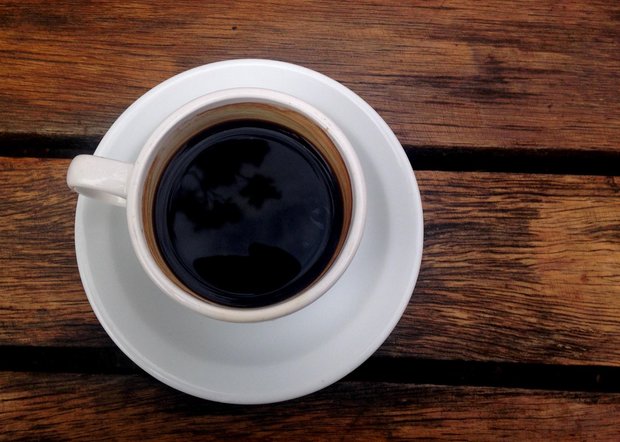Ford and McDonalds Working Together for Sustainability
Ford and McDonalds Working Together for Sustainability
Posted on December 9, 2019

Coffee for car parts? You read that right. This year, Ford is going to start using coffee chaff (coffee bean skin) into the plastic headlamp housing in some of their cars. The reason for working with McDonalds, which interestingly doesn’t roast its own coffee, is to connect with suppliers.
Recently, consumers are becoming more conscious of the plastic pollution and carbon emissions, companies are taking not and creating efforts to reduce their impact on the environment. Which includes looking at the materials used for consumer products.
In the past, ford used plastic and talc for the headlamp housing. The Talc is a mineral, which means it is not a renewable resource. The coffee version is lighter, and surprisingly has better heat qualities then the pervious material. It’s widely available, and much of it typically goes to waste, Ford hopes to use the material into more cars and for more parts in the future.
Though Ford has decided to work with coffee chaff a few years ago, they have been testing organic materials for over a decade. In the cushions since 2011 the auto company has been using soy-based foam. Wheat, coconut, tomato and other plants have also been used in the cars in order to meet sustainability goals, which include using more renewable materials.
Deborah Mielewski is the Senior Technical Leader of Materials Sustainability at Ford Motor Company's Research and Innovation Center, she has said "If you came to our lab, it looks somewhere between a landfill and a farm," she and her team decided to look at the usefulness of coffee because the hot beverage is so common.
Once the Ford team understood how coffee chaff could be used for parts, it reached out to McDonalds because the chain’s scale and the similar sustainability goals. Like Ford, McDonalds has goals to incorporate more renewable and recycled materials into products.
This partnership between Ford (F) and McDonald’s (MCD) is a good example of brands working together for sustainability.
One year ahead of schedule, McDonald’s achieved its goal of sourcing all of its US coffee sustainability. Currently they are working with competitors to create more environmentally friendly cups for coffee. When Ford contacted MCD about the chaff product, it brought about another way the company was able to make its coffee greener.
Ian Olson, senior director of global sustainability at McDonalds said, “"We've conventionally thought of collaborations as within the food industry," The Ford partnership can help McDonald's see "what kind of larger impacts are possible," when it works with a company in another sector.
"This is just scratching the surface of trying to understand what's possible," Olson said.
Come visit Vickar Ford at 2000 Main St, Winnipeg, Manitoba, or call us at (204) 339-2000, our friendly sales staff will be happy to help you!

